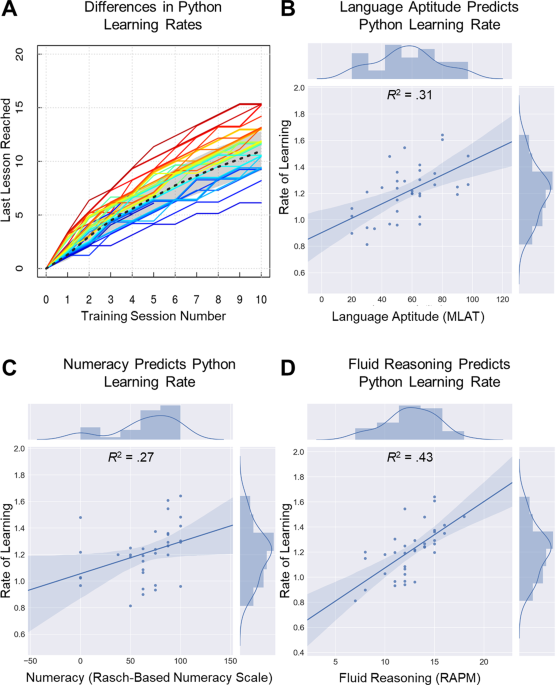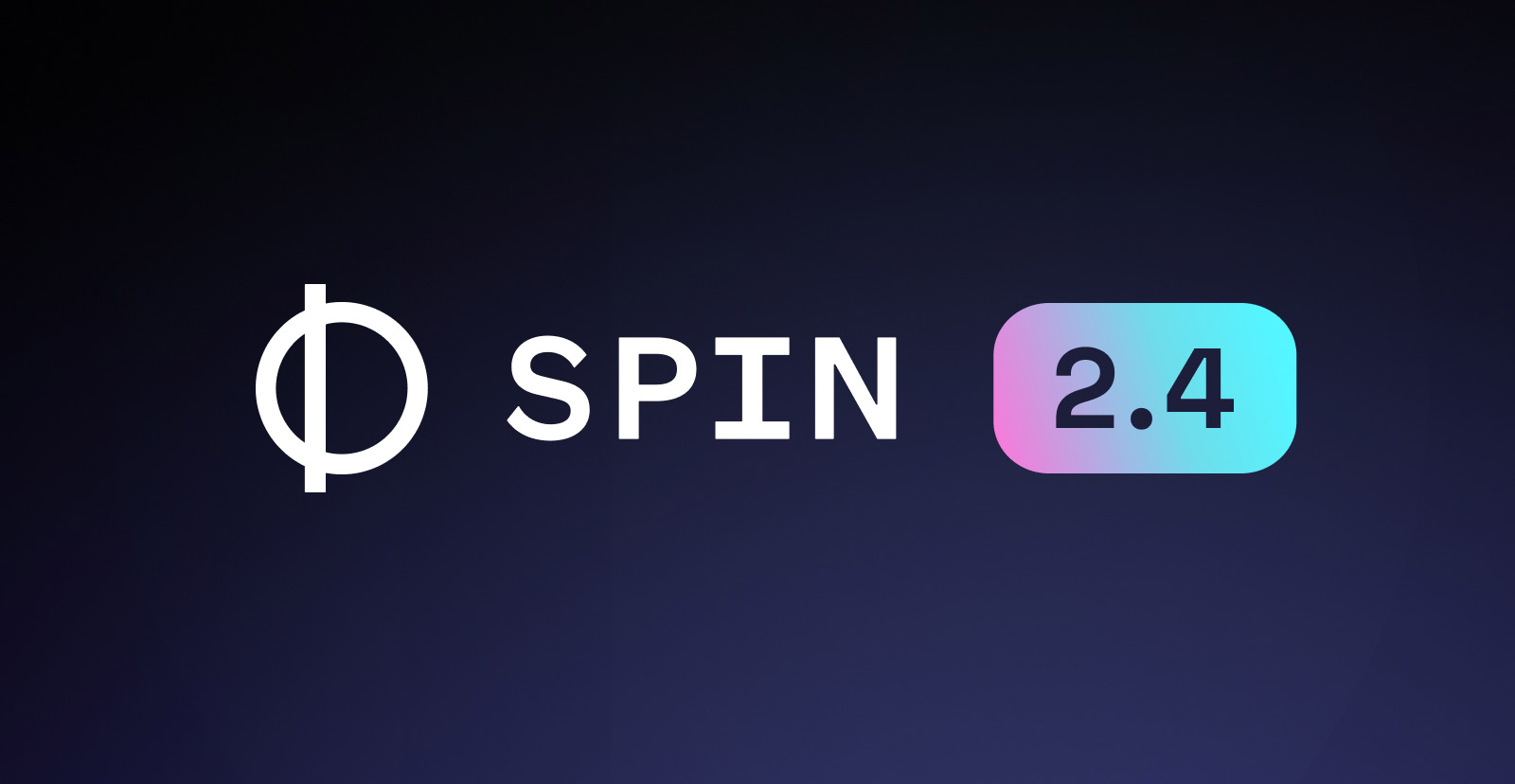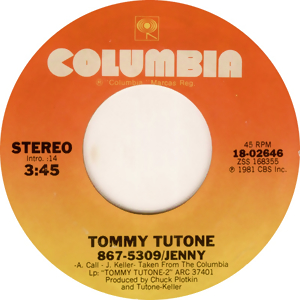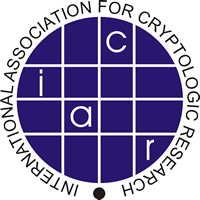
Learning to Love a Rigid and Inflexible Language
I am old enough to remember the publication of the Strawman, Woodenman, Tinman, Ironman, and Steelman specifications for a new computer language in the mid 1970s — the language that became Ada. A few years later I read C. A. R. Hoare's Turing Award speech where, after criticizing the complexity of ALGOL 68, he turned his withering gaze on the new Ada language:
Do not allow this language in its present state to be used in applications where reliability is critical.... The next rocket to go astray as a result of a programming language error … may be a nuclear warhead exploding over one of our own cities. An unreliable programming language generating unreliable programs constitutes a far greater risk to our environment and to our society than unsafe cars, toxic pesticides, or accidents at nuclear power stations.
Having delighted in Hoare’s speech, particularly the fable at the end about the clothes that had no emperor, I overlooked Hoare's later support for Ada. That is, until a few years ago my view of Ada as a programming language was clear: an inflated, inflexible language useful only in a few legacy military applications, of no use to anyone working with high-performance embedded code.


















